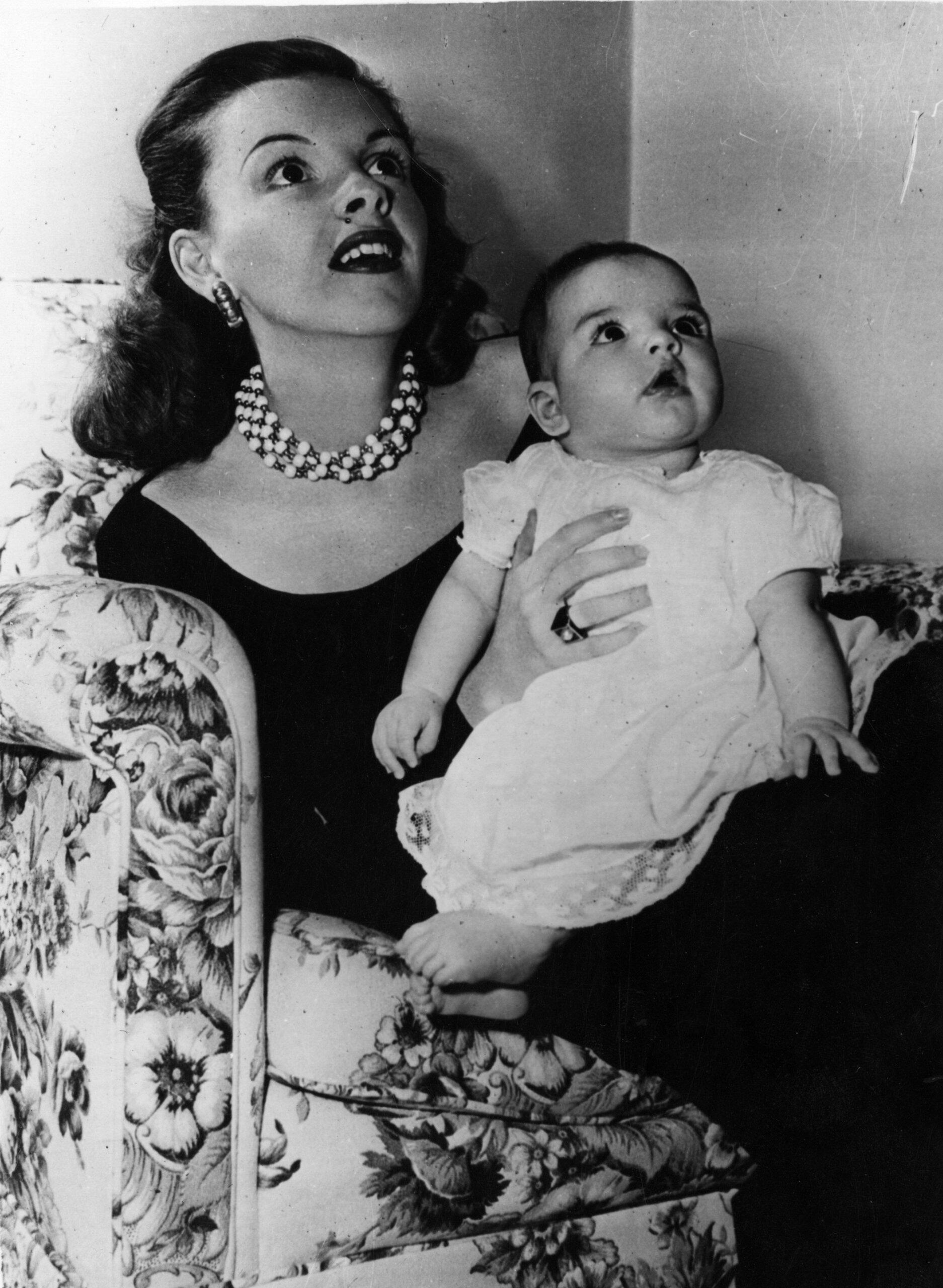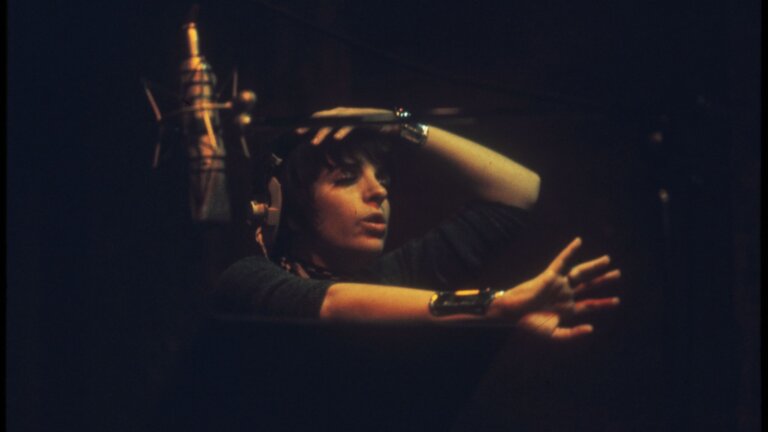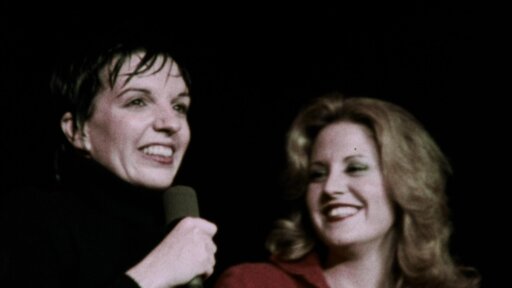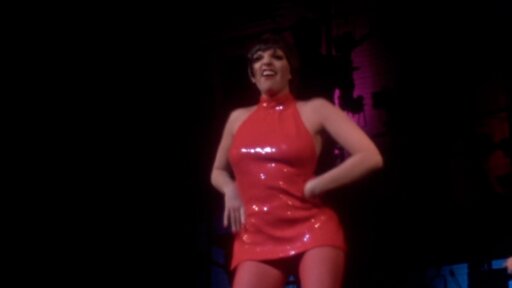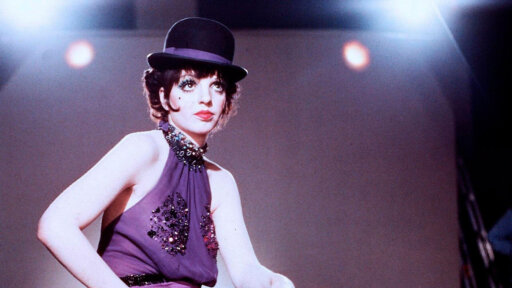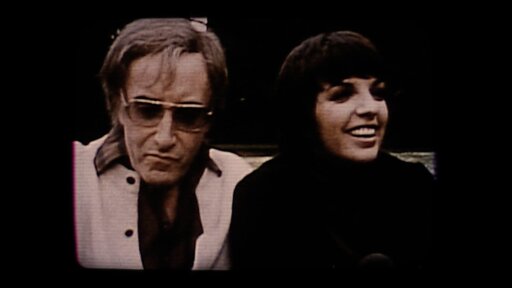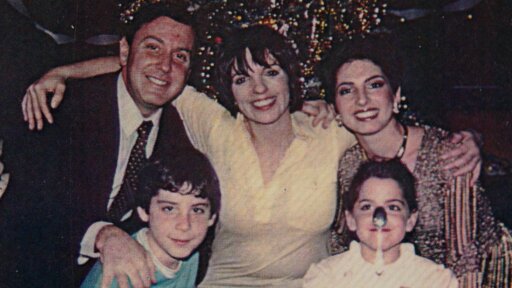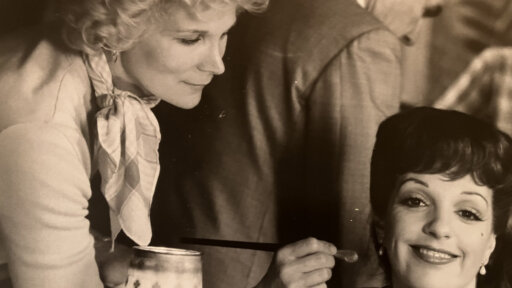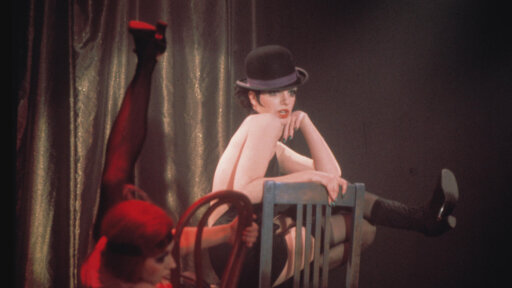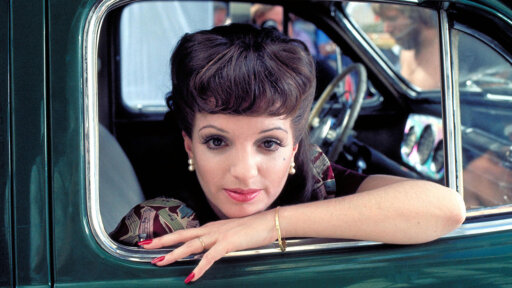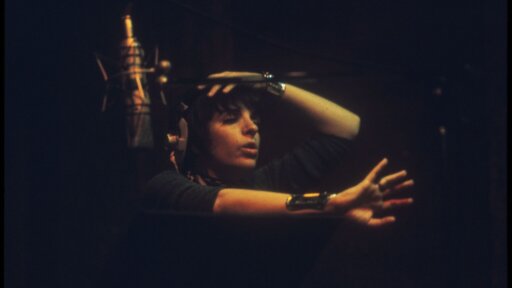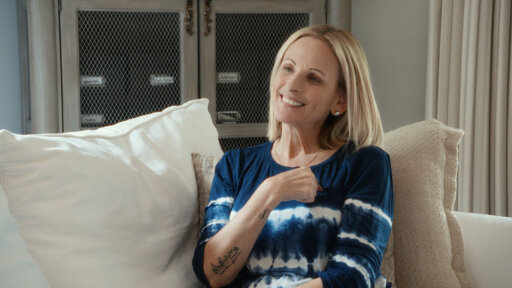Liza Minnelli grew up immersed in Hollywood and the world of filmmaking.
The MGM backlot was her playground. There, her mother, Judy Garland, lit up the screen in musicals like “The Pirate” and “Summer Stock,” while her father, Vincente Minnelli, directed classics such as “An American in Paris” and “The Band Wagon.” Her screen debut came as an infant in “In the Good Old Summertime” (1949), playing the daughter of Garland and Van Johnson.
Witnessing her parents’ artistry firsthand ignited a passion that propelled Minnelli to achieve her own legendary status. With electrifying dance numbers, a powerful voice and a magnetic stage presence, she created a career that transcended her lineage. Let’s step into the spotlight and revisit some of Liza Minnelli’s most memorable roles.
5. The Sterile Cuckoo (1969)
Minnelli’s breakout moment on the screen came in 1969 with her captivating performance in the comedy-drama “The Sterile Cuckoo.” Directed by Alan J. Pakula, who would later helm “All the President’s Men” and “Sophie’s Choice,” Minnelli played Pookie Adams, a quirky and self-absorbed college freshman who forms an unlikely romance with the shy and reserved Jerry Payne (played by Wendell Burton). Their relationship, filled with odd charm and clashing personalities, quickly became the film’s heart.
Minnelli had first discovered “The Sterile Cuckoo” as a novel by John Nichols and told her father, director Vincente Minnelli, that if it were ever adapted for the screen, she wanted to play Pookie. As luck would have it, Vincente was friends with Pakula and introduced the two. After a successful audition, Minnelli landed the role she had long dreamed of.
The film resonated with critics and audiences alike, becoming the thirteenth highest-grossing movie in 1969. More importantly, it proved that Minnelli was more than just a singer and dancer, she was also a formidable actress and comedienne. At just 23 years old, she earned her first Academy Award nomination, cementing her place as a rising star in Hollywood.
4. Tell Me That You Love Me, Junie Moon (1970)
Following the success of “The Sterile Cuckoo,” Minnelli took on a bold and challenging role in the 1970 drama “Tell Me That You Love Me, Junie Moon,” directed by acclaimed filmmaker Otto Preminger. Based on the novel by Marjorie Kellogg, the film follows Junie Moon, a young woman left with severe facial scarring after her boyfriend douses her with battery acid.
While recovering in an institution, she befriends Arthur (Ken Howard), an epileptic, and Warren (Robert Moore), a gay paraplegic. Together, the three form a deep connection, helping one another navigate life’s hardships.
Though “Tell Me That You Love Me, Junie Moon” did not achieve the commercial success or critical acclaim of “The Sterile Cuckoo,” Minnelli felt a profound connection to the role, saying in an interview, “For the duration of the film, Junie Moon and I were the same person.” Adding to the film’s significance, her godmother, Kay Thompson, played the part of Gregory, making the experience even more meaningful for Minnelli.
3. Arthur (1981)
Minnelli made a memorable return to romantic comedy in “Arthur” (1981), written and directed by Steve Gordon. Starring alongside Dudley Moore, who played Arthur Bach, a charming but perpetually drunk New York City millionaire, Minnelli took on the role of Linda Marolla, a down-to-earth waitress from Queens who captures Arthur’s heart. Their love story is complicated by the fact that Arthur stands to lose his vast inheritance if he doesn’t marry the wealthy socialite his family has chosen for him.
“Arthur” was a runaway box office success, grossing over $95 million in the U.S. and becoming the fourth highest-grossing film of 1981. Even President Ronald Reagan selected “Arthur” to view during a summer retreat at Camp David.
Seven years later, Minnelli and Moore reunited for “Arthur 2: On the Rocks,” but without Steve Gordon, who had passed away shortly after the first film’s release, and the sequel struggled to recapture the original’s magic. Still, “Arthur” remains a beloved classic, with Minnelli’s performance contributing to its enduring charm.
2. New York, New York (1977)
If Martin Scorsese’s “New York, New York” film is remembered for anything, it’s for introducing the world to the now-iconic theme song “New York, New York,” composed by John Kander with lyrics by Fred Ebb. While Frank Sinatra’s later rendition turned the song into an anthem, Sinatra always credited Minnelli for being the first to bring it to life.
The 1977 film was Scorsese’s tribute to his hometown and a nostalgic nod to the grand Hollywood musicals of the 1940s, many of which were produced by MGM, the same studio where Minnelli’s parents made their mark. In the film, Minnelli plays Francine Evans, a celebrated USO band singer who meets aspiring but arrogant saxophonist Jimmy Doyle (played by Robert De Niro) on Victory Over Japan (V-J) Day in 1945. Their musical partnership soon turns romantic, but their love eventually unravels under the pressure of Jimmy’s ego and ambition.
Adding a personal touch to the production, Minnelli’s father-in-law at the time, actor Jack Haley, best known for playing the Tin Man in “The Wizard of Oz,” made a brief appearance as a Master of Ceremonies in what would be his final film credit. While “New York, New York” fell short of box office expectations, Minnelli’s musical performances earned high praise, and her introduction of “New York, New York” left an indelible mark on music history.
1. Cabaret (1972)
The defining film of Minnelli’s career is undoubtedly the 1972 musical “Cabaret.” Playing Sally Bowles was a lifelong dream for Minnelli and the film also marked her first collaboration with the legendary director and choreographer, Bob Fosse. Though already a seasoned dancer, working with Fosse refined her technique, instilling a new level of discipline and precision.
Minnelli first encountered the role of Sally Bowles, originally introduced by English American novelist Christopher Isherwood, before it debuted on Broadway. She immediately knew she wanted to play the part, but she was not cast at the time. Later, when “Cabaret” was adapted for the screen, she finally got her chance. Fully immersing herself in the character, Minnelli adopted Sally’s signature look, from the sleek bob to the dramatic black eyelashes. She also brought depth and vulnerability to Sally, portraying her not just as a spirited entertainer but as a woman grappling with the realities of a changing world.
With music and lyrics by Minnelli’s longtime friends John Kander and Fred Ebb, “Cabaret” is set in Berlin during the rise of Adolf Hitler and the Nazi Party. The film, also starring Joel Grey and Michael York, was a massive critical and commercial success, winning eight Academy Awards, including Best Actress for Minnelli. Though already a star, “Cabaret” launched her into a new stratosphere of fame.
***
Liza Minnelli is the definition of versatility. With a powerhouse voice, vibrant storytelling, and the ability to make audiences laugh, cry and feel inspired, her artistry has captivated millions. A triple threat, Minnelli continues to shine as one of the most electrifying entertainers of all time.
The views and opinions expressed in this article are those of the writer.

